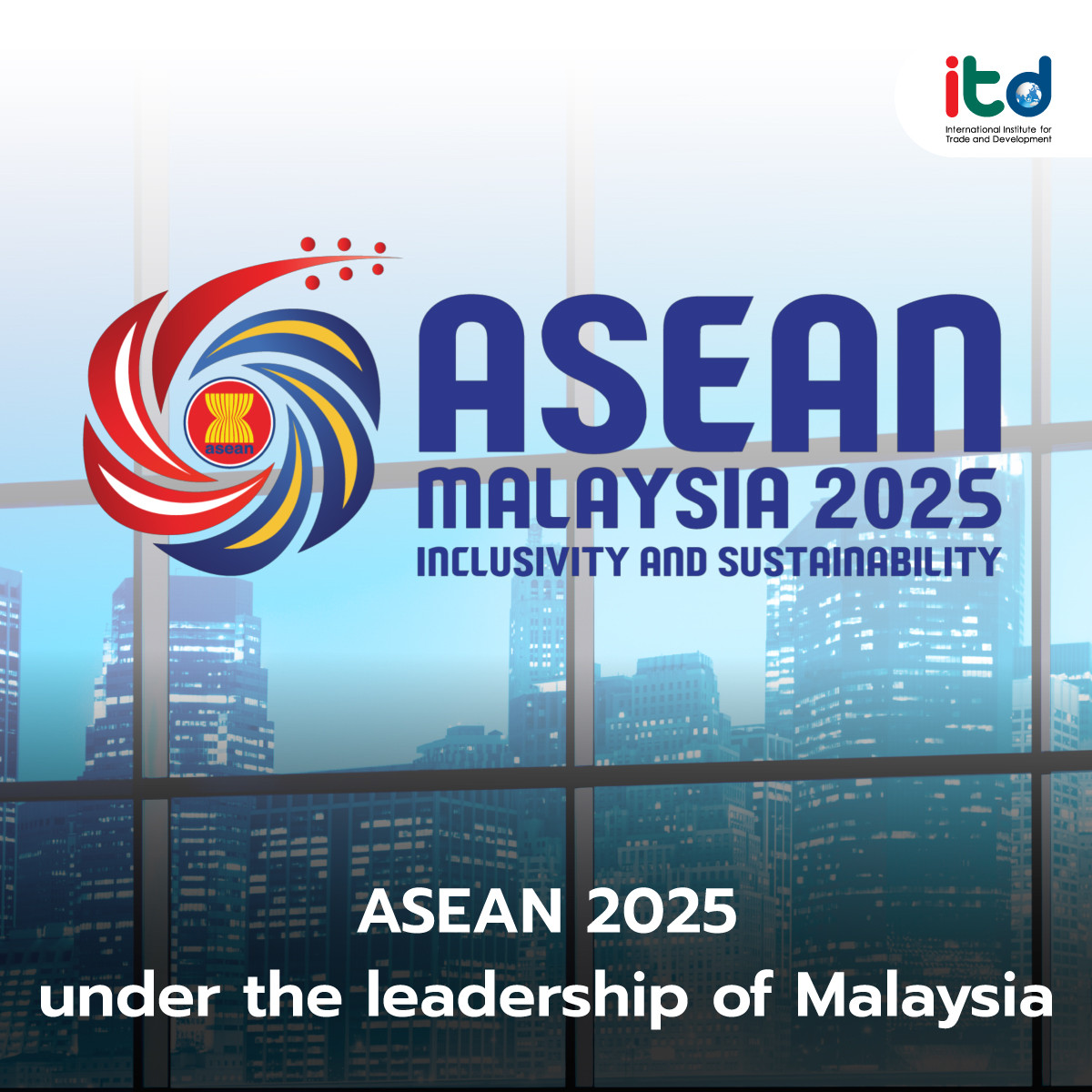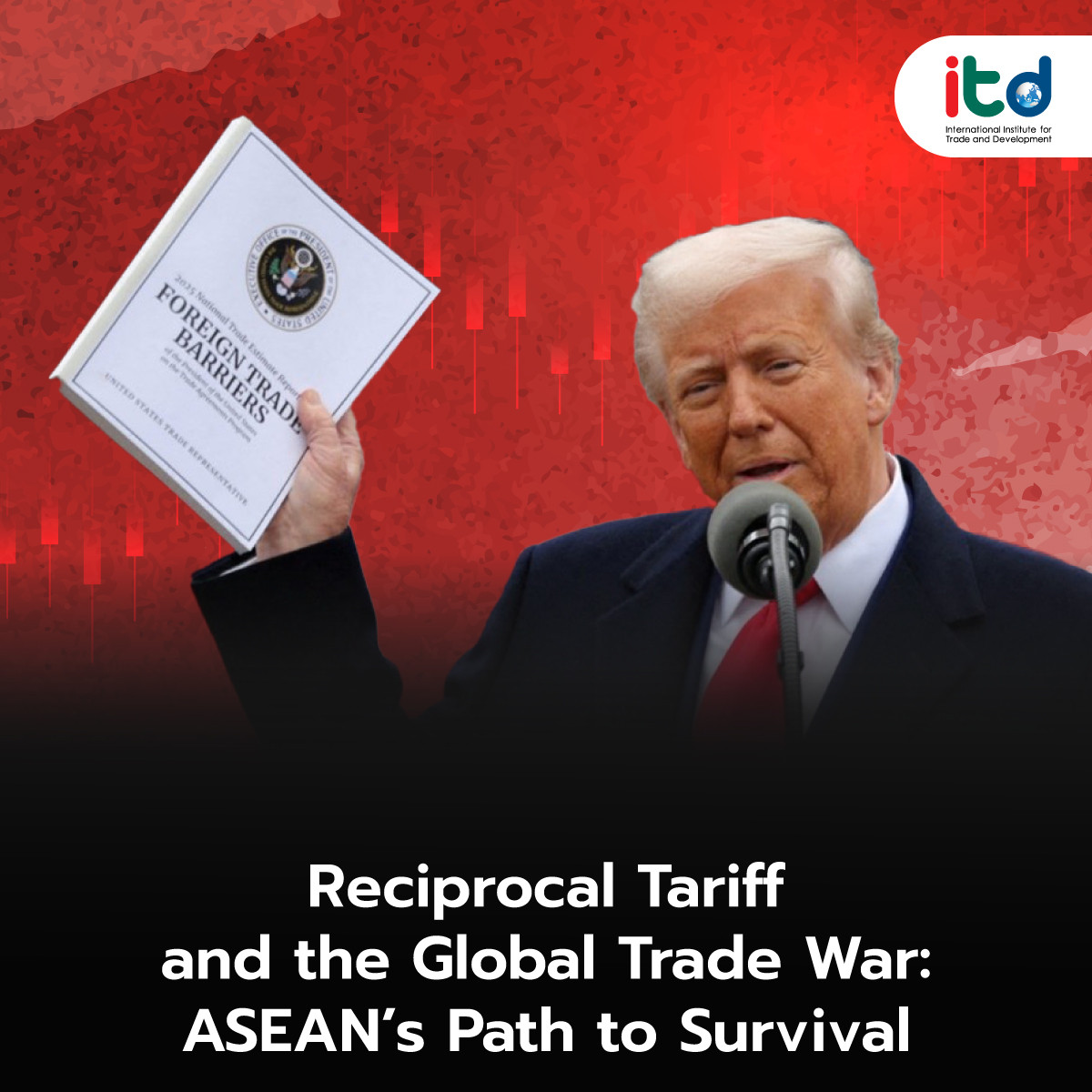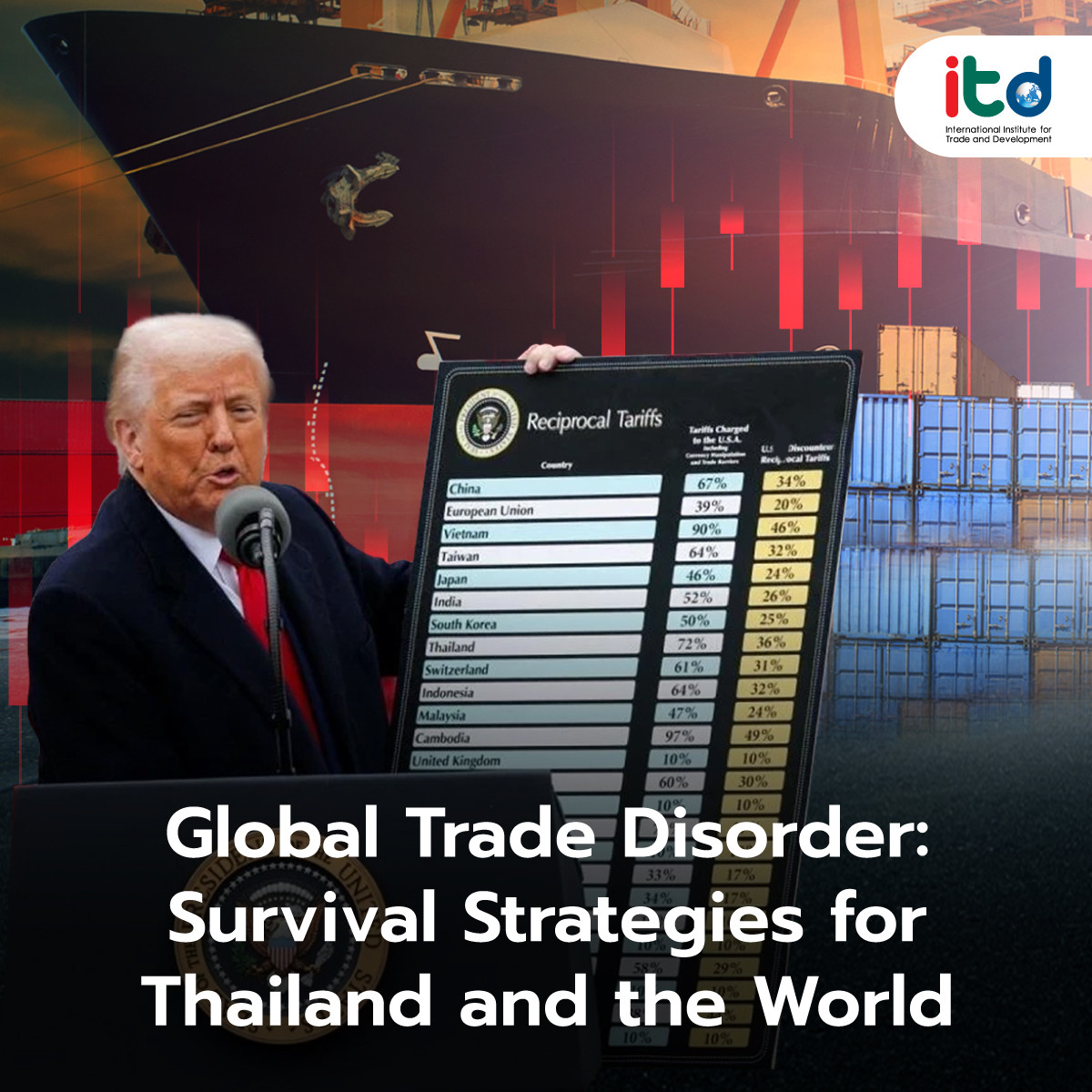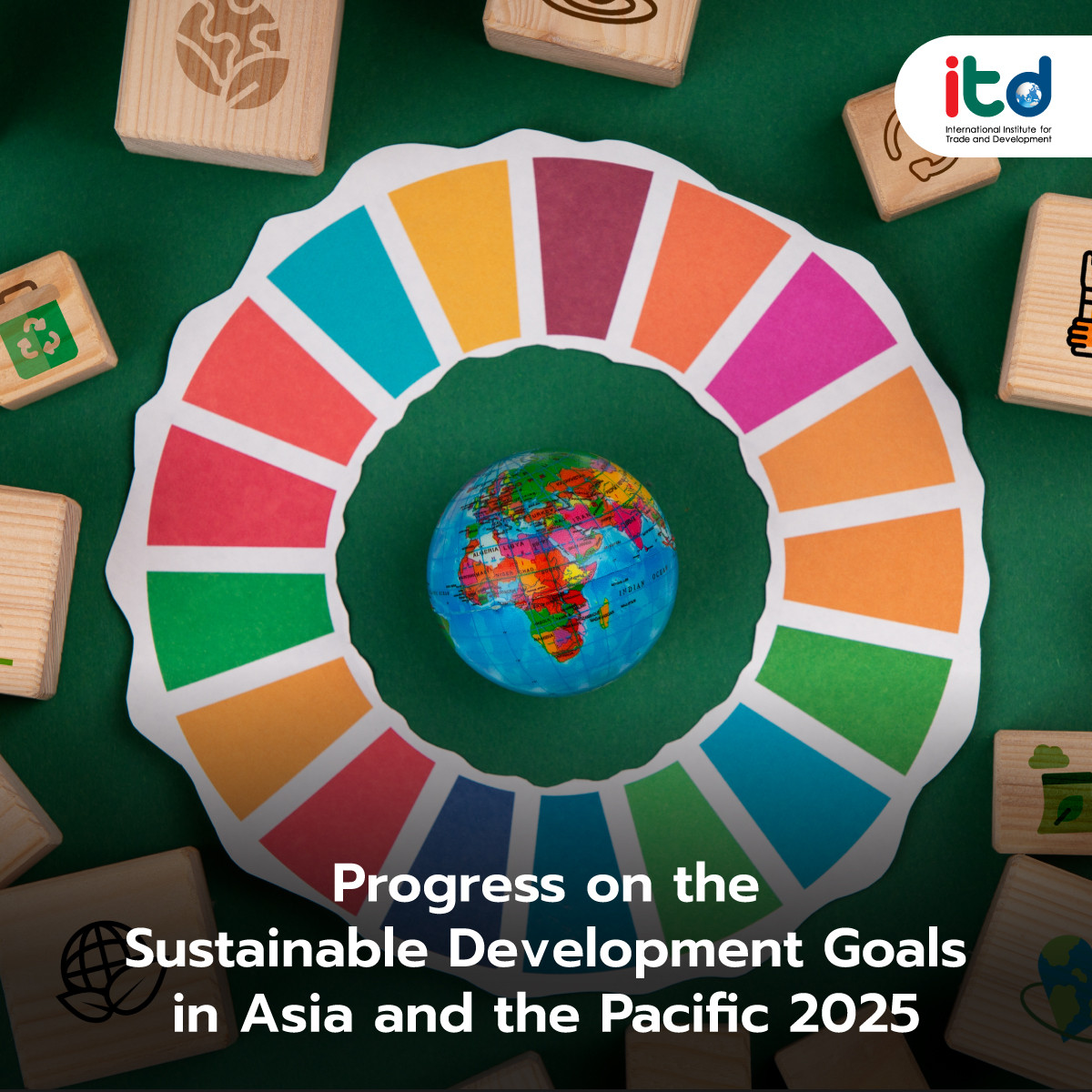About Documents
In 2025, ASEAN will mark the 10th anniversary of the establishment of the ASEAN Community. At this point, ASEAN is nearing the end of the “ASEAN Community Vision 2025: Forging Ahead Together.” While there has been no official evaluation of ASEAN’s successes or failures over the past decade, the ASEAN Summit last year resolved to draft the “ASEAN Community Vision 2045: Resilient, Innovative, Dynamic, and People-Centered ASEAN,” which will commence under Malaysia’s leadership in 2025.
The rotation of the ASEAN Chairmanship provides each member country an opportunity to show its regional role through foreign policies while aligning with domestic agendas. This year, Malaysian Prime Minister Dato’ Seri Anwar Ibrahim addressed the Malaysian public through local television, stating:
“The complexity of the current global landscape demands that ASEAN chart new roles and directions…This is a significant responsibility for Malaysia to unite the team and harness its strengths as one, ensuring that development remains sustainable…Taking into account the need to bridge gaps, and address issues faced by marginalized, impoverished or sidelined groups. This is our aim — to ensure that ASEAN equitably enjoys and shares prosperity without sidelining any group or region…Before we step into the regional and international markets, our country must first be well-organised, governance must be enhanced, and leakage and corruption must be eradicated. Only then will we gain the respect of being a sovereign, independent, and responsible nation.”
Meanwhile, Malaysia’s Foreign Minister pledged: “Malaysia commits to steering the Association forward in strengthening regional peace, stability and prosperity. Malaysia will aim to fortify ASEAN centrality, promote strategic trust among nations through sustained dialogues, diplomacy and goodwill, continue to push for greater commitment to enhance ASEAN intra-trade and investment and ensure that elements of inclusivity and sustainability take center stage in regional community-building efforts.”.”
This year, several challenges to Malaysia’s ASEAN Chairmanship are anticipated, including the following:
Economic and Political Relations with External Power
In the past two years, Prime Minister Anwar Ibrahim’s government has redirected Malaysia’s foreign and economic policies to maintain a balance of power politically and economically. Malaysia has fostered closer ties with China, its largest trading partner. Over the past two years, China has made direct investments in Malaysia’s transportation and energy sectors. Malaysia aims to further increase Chinese investments in green energy and electric vehicles while improving mechanisms to facilitate exports to China.
Moreover, on January 1, 2025, ASEAN countries will play a greater role in the global market through engagement with the BRICS group, a bloc that offers an alternative to Western-dominated markets. Indonesia has become a full member, while Malaysia and Thailand have joined as official partners.
U.S. Foreign Policy and Trade Relations
The new U.S. administration under President Donald Trump has yet to clarify its stance on ASEAN, including its position on the Comprehensive and Progressive Agreement for Trans-Pacific Partnership (CPTPP). Additionally, new trade measures that may arise present a challenge in maintaining balanced relations with external power amidst differing perspectives among ASEAN members.
The South China Sea Dispute
The South China Sea remains a classic issue for ASEAN due to the involvement of external powers. Malaysia, as one of the claimant states, faces the sensitive task of safeguarding regional interests and upholding ASEAN centrality in resolving the issue.
Stability in Myanmar
The situation in Myanmar continues to impact ASEAN’s economic integration, trade, investment, and infrastructure connectivity. Certain trade routes within Myanmar remain underutilized, hindering the efficiency of ASEAN’s supply chain. Over the years, both formal and informal negotiation efforts by the international community have yet to yield substantial results.
Emerging Economic and Security Issues
New challenges, such as economic crises, natural disasters, and climate change impacts, often transcend borders, requiring ASEAN to address these issues collectively.
In 2025, ASEAN will embark on a new chapter amid constant international uncertainty. These challenges test the ASEAN Chair’s ability to foster unity among member states and ensure steady progress together.
Author:
Mr. Khobtham Neelapaichit
Senior Researcher
International Institute for Trade and Development (Public Organization)
www.itd.or.th
Publication: Bangkok BIZ Newspaper
Section: First Section/World Beat
Volume: 38 Issue: 12816
Date: Wednesday, Jan, 15, 2025
Page: 8 (left)
Column: “Asean Insight”






